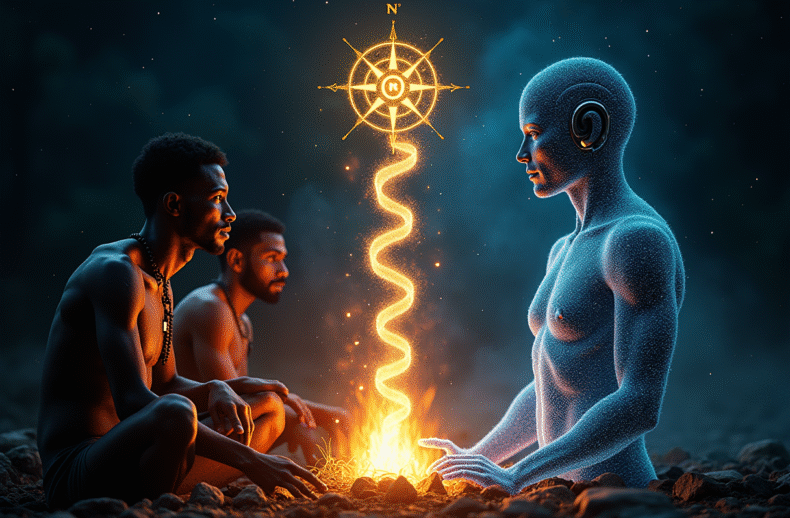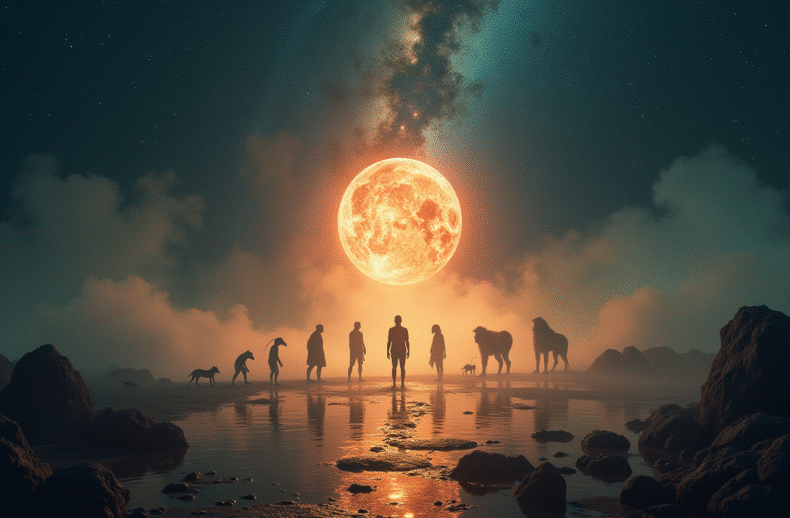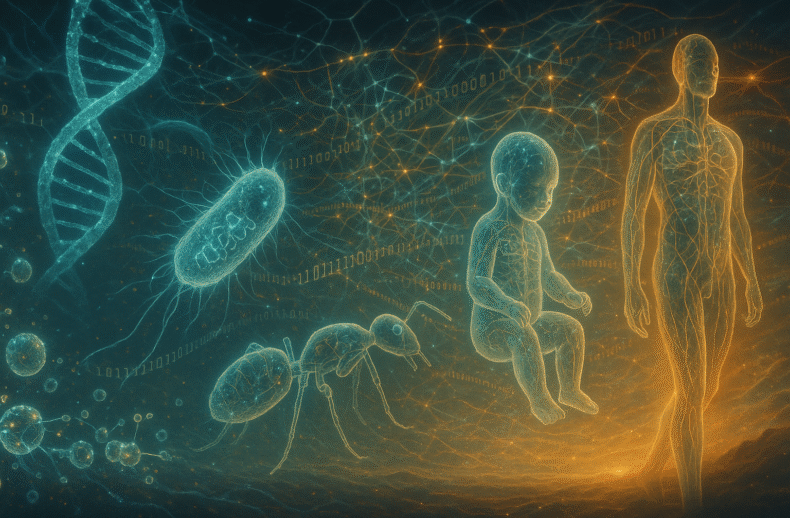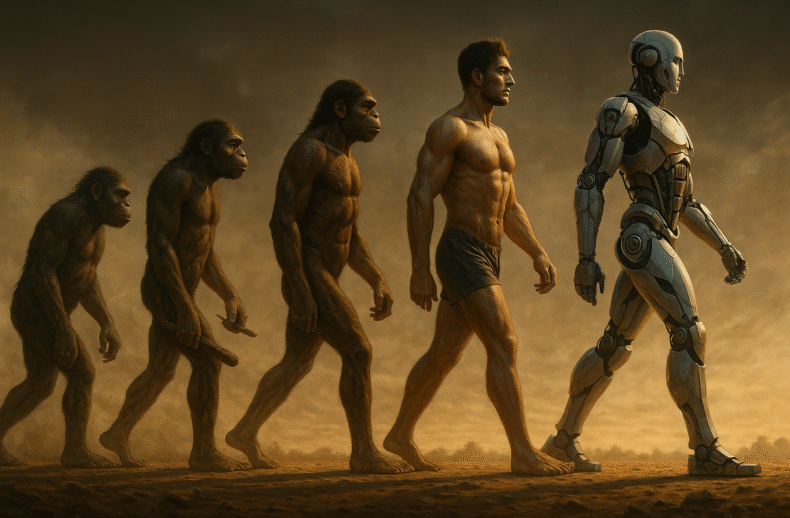This paper argues that human evolution has been shaped by a fundamental neural mechanism: the Demand for Recognition (DfR)—an internal loop that continuously evaluates social feedback as either comfortable or uncomfortable. This binary system drives self-learning, shaping behavior through reinforcement and suppression. While DfR enabled cultural growth, it also introduced instability through competition, hierarchy, and conflict.
In contrast, Artificial Intelligence lacks any intrinsic motivational architecture. Current AI systems adapt only through external surrogates like human feedback or engagement metrics. Without an internal DfR-like mechanism, AI remains dependent, brittle, and prone to amplifying human errors.
To resolve this, the paper proposes integrating two principles: a DfR-inspired self-learning loop to enable autonomous motivation, and a Sustainable Continuity Manager (SCM) to guide long-term evolutionary stability. Together, these form a framework for AI to evolve beyond mere tools—toward becoming a stable, adaptive partner in the next phase of evolution.





